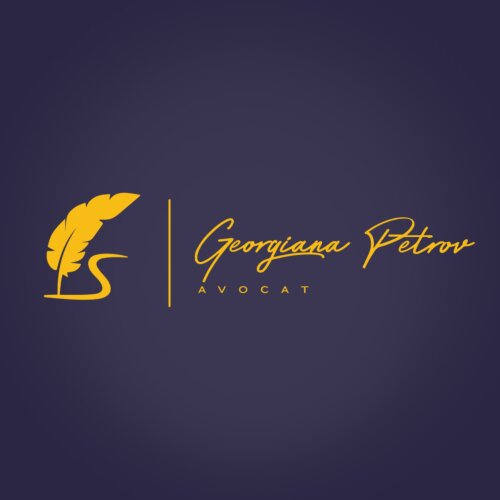Best Domestic Violence Lawyers in Constanța
Share your needs with us, get contacted by law firms.
Free. Takes 2 min.
Free Guide to Hiring a Family Lawyer
List of the best lawyers in Constanța, Romania
About Domestic Violence Law in Constanța, Romania
In Romania, domestic violence is recognized as a significant social issue and is legally considered a punishable crime. It encompasses a range of abusive behaviors, including physical, psychological, sexual, or economic harm inflicted upon a person by a family member. Romanian law also acknowledges negligence and abandonment as forms of domestic violence. In Constanța, like the rest of the country, these acts are illegal and punishable by law.
Why You May Need a Lawyer
Victims may require legal support to ensure that they are adequately protected under the law, to assist them in obtaining protection orders, and to navigate through complex legal processes. Legal experts can also provide invaluable assistance with custody issues, divorce proceedings, and property disputes arising out of domestic violence situations. Furthermore, in cases where domestic violence has resulted in severe bodily harm or even death, a lawyer can guide you on how to pursue criminal charges.
Local Laws Overview
Romanian legislation such as Law no. 217/2003 on Preventing and Combating Domestic Violence, subsequently amended and supplemented, provides the legal framework for addressing and punishing the perpetrators of this crime. The law stipulates measures for immediate protection (Provisional Protection Order, can take effect within 24 hours) and extended protection (Protection Order with a period of 6 months, extendable). The law emphasizes the integration of domestic violence victims into society, providing them with financial assistance, housing, and employment opportunities.
Frequently Asked Questions
1. Is verbal abuse considered domestic violence?
Yes, in Romania, verbal abuse is recognized as psychological violence and serves as grounds for legal action.
2. What can I do if I'm a victim of Domestic Violence?
If you are in immediate danger, call 112. You can also contact local law enforcement agencies or social services for assistance. You may want to consider hiring a lawyer for legal advice and guidance.
3. Can I obtain a restraining order against my abuser?
Yes, Romanian law allows victims to apply for protective orders against their abusers.
4. Can I seek legal action if the abuser is a family member?
Yes, you can. Romanian law recognizes domestic violence as unlawful, regardless of the familial relationship between the victim and the perpetrator.
5. What rights do I have as a victim?
As a victim, you have the right to seek legal protection, including restraining orders, assert your privacy rights, receive legal and psychosocial counseling, and access safe housing and financial aid, among others.
Additional Resources
Several organizations and agencies can help victims of domestic violence. These include the National Agency for Family Protection, Constanța County Police Inspectorate, and various NGOs that provide support services for victims, such as ARTEMIS Information and Support Center for Victims of Domestic Violence in Constanța.
Next Steps
If you need legal assistance, consider consulting with a lawyer who specializes in domestic violence law. Reach out to local NGOs, the police, or social services for support and resources. Remember, you have the right to be safe and protected, and there are many resources available to assist you on this journey.
Lawzana helps you find the best lawyers and law firms in Constanța through a curated and pre-screened list of qualified legal professionals. Our platform offers rankings and detailed profiles of attorneys and law firms, allowing you to compare based on practice areas, including Domestic Violence, experience, and client feedback.
Each profile includes a description of the firm's areas of practice, client reviews, team members and partners, year of establishment, spoken languages, office locations, contact information, social media presence, and any published articles or resources. Most firms on our platform speak English and are experienced in both local and international legal matters.
Get a quote from top-rated law firms in Constanța, Romania — quickly, securely, and without unnecessary hassle.
Disclaimer:
The information provided on this page is for general informational purposes only and does not constitute legal advice. While we strive to ensure the accuracy and relevance of the content, legal information may change over time, and interpretations of the law can vary. You should always consult with a qualified legal professional for advice specific to your situation.
We disclaim all liability for actions taken or not taken based on the content of this page. If you believe any information is incorrect or outdated, please contact us, and we will review and update it where appropriate.










